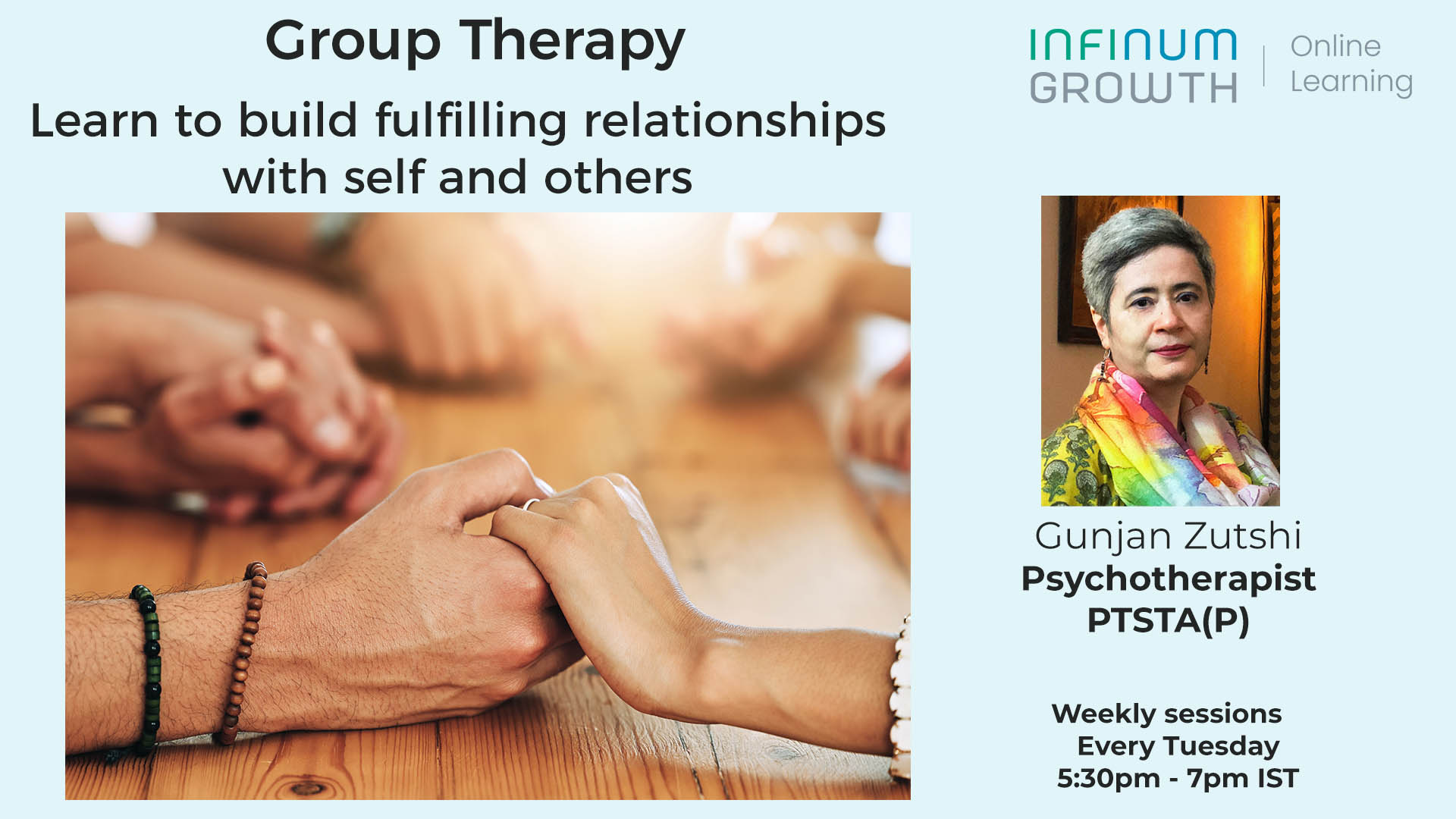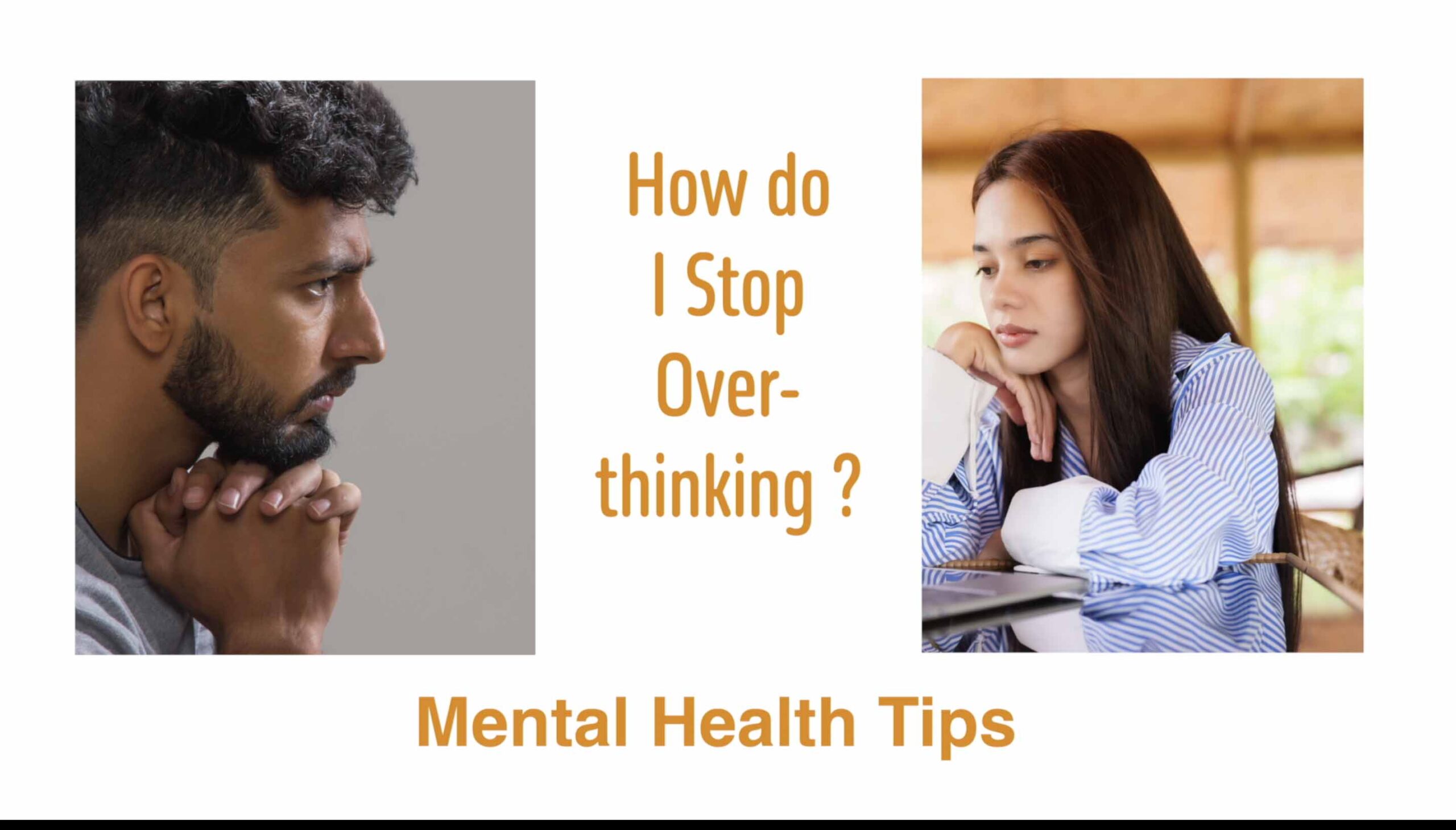For a very long time in my life, I didn’t know what in God’s name was emotional well-being. Rather, I’d say I had a very fractured/disintegrated idea of “emotional well-being”. All of us are wired to experience a multitude of emotions; so scintillating and vibrant, they make us feel alive. But we spend most of our lives understanding what to do with them.
We perceive Emotions as the roughneck bullies within us
Our cultural conditioning has taught us to be threatened by the natural healing forces within us. We have a very weird lens of looking at our emotions; for some reason, we don’t see them as friends but as roughneck bullies. So, when we are out on the playground, we are so intimidated by their very existence that, we try arduously to brush them off from our consciousness. Or we gather our grit enough to lunge at them; and pin them to the ground. Considering we look at emotions as we would at the scourge of our neighbourhood, it’s very likely we wouldn’t know what emotional well-being is or what it would feel like.
Would a man, whose furry little friend died, be allowed to grieve for as long as he likes? He wouldn’t really be granted the space to wallow in his pain for more than a week. Beyond that, his friends would ask him to stop being a wuss and get back, up on his feet. Weirdly enough, society gives us a certain time-frame to mourn the loss of someone or something, while forgetting an exceedingly obvious fact; that the experience of emotions is very personal and subjective.
Emotional well-being – affected by our conditioned approach to emotions
Right from childhood, we are taught that it’s good to be humble. But does humility mean not being able to talk about your accomplishments out aloud? Usually, celebrating yourself or chipping in for your personal worth is chalked down to bragging. Thanks to this notion, we fear that when we look in the mirror, we’d find a vaunter and so, we quietly tell ourselves to “tone the pride down a notch”. We abnegate our feelings of rage, lust, jealousy in order to not be labeled as “nasty”; we deny the feeling of love because it may make us feel vulnerable; we deny the emotion of trust because we are terrified of being harmed. This denial gives a sense of being shielded and in control of your life. Are we then emotionally well or emotionally guarded?
So, what all can we do to take care of one’s emotional well-being?
3 basic steps to manage emotional well-being
Emotional well-being is that state when one is able to experience, identify, acknowledge and express one’s emotions in a healthy and balanced way. Three basic ways to manage this are
(i) Take a moment to listen to your emotional needs
Emotions are like signposts. Just like each signpost indicates something, each emotion points us to a need. If we take a moment to register the signpost, we might just save ourselves a trip to a dead end.
As an adolescent, I would keep feeling angry and resentful when my sister would achieve something. I clenched my teeth the day she came home and said she was voted the student representative of her school; I disdained her when she was fed numerous opportunities; I felt a sharp pain in my stomach the day she gave her first successful dance performance. I tried hard to suppress the anger and the apparent jealousy I was feeling. But till I kept putting a lid on it, a lot of my energy remained invested there. Obviously, that didn’t help.
So, I chose to finally have a little chat with myself. When I listened to the voice calling out to me, it told me how my sister made my parents proud. How their eyes gleamed with tears whenever she came home with her accolades and laurels. What seemed to me like jealousy, was the child’s cry for more visibility, love and attention.
“The reason we suffer from our emotion is not because of the emotion itself, but because of our resistance to that particular emotion”- Teal Swan
(ii) Don’t judge; accept and understand your emotions
As the process of socialization occurs, the superego takes its form and we end up being products of indoctrinations of “shoulds” and “should nots”; “rights” and “wrongs”. We learn to attach some judgement or ascribe a value to our feelings. We add a layer of judgement to most of our emotions!
“It’s ridiculous that I’m scared of this. How spineless!”, ” I can’t believe how I stupid I was to trust him”, “I’m a cry baby. I dampen everyone’s spirits. Why would people want to be around me!” “I should be feeling happy for her. My lack of enthusiasm for my friend’s success is disgusting.” Being critical about feelings makes our job difficult. It makes us bitter about ourselves. Wouldn’t it be better to soothe and love ourselves rather than be sickened by our realities? Keeping our feelings closeted, manipulating or tampering with emotional realities is like concealing your wounds, which means not giving ourselves the opportunity to heal or to let positive energy flow within us.
“People are just as wonderful as sunsets if you let them be. When I look at a sunset, I don’t find myself saying, “Soften the orange a bit on the right-hand corner.” I don’t try to control a sunset. I watch with awe as it unfolds.” ― Carl R. Rogers, A Way of Being
(iii) Recognizing the impact of emotions and taking steps for it
When you experience an emotion in its entirety: fully acknowledging and accepting it for what it is, it’s a beautiful phenomenon. Any sensory or cognitive experience brings along with it a set of feelings; a palette of emotions. I’ve often heard people say that emotions are the pathways to your soul; And I’ve come to believe that it’s true.
I don’t think that gazing at sunflowers in a field, flipping through pages of a book, learning to ride a bike; or, having an argument with a friend, failure to pass an exam, the experience of losing the love of your life, can occur without the ever-flowing stream of emotions within. All these varied emotions impact us: they drive us to actions that may otherwise seem incomprehensible. They lead to upheavals that maybe unbearable; they ignite the deepest passions, while sometimes they take us into the deepest of waters.
So, how can we manage emotions in a way that they protect us as well as help us grow? The answer is: Boundaries. Boundaries that are flexible to let the positivity in, as well as, defined enough to guard us from negativity. Situations that seem out of control and that cause feelings of resentment, pain, disdain repeatedly should be looked into. It’s a sign to build a healthy boundary that can help you to stand up for yourself.
Instead of suppressing or masking an emotion, it’s better and wiser to look into it and as per the need: either work on it (by understanding, expressing and talking about it) or free yourself from situations that cause the constant turmoil.
Emotional well-being is a strong human need. Recognising and respecting this need; and becoming aware of one’s emotions and situations that impact them, is key to positive emotional health.
This article was first published in From the Brewery of Life
Please do leave your comments at the bottom and do share with others if you like this article.



















One of the most amazing piece i have ever read..!